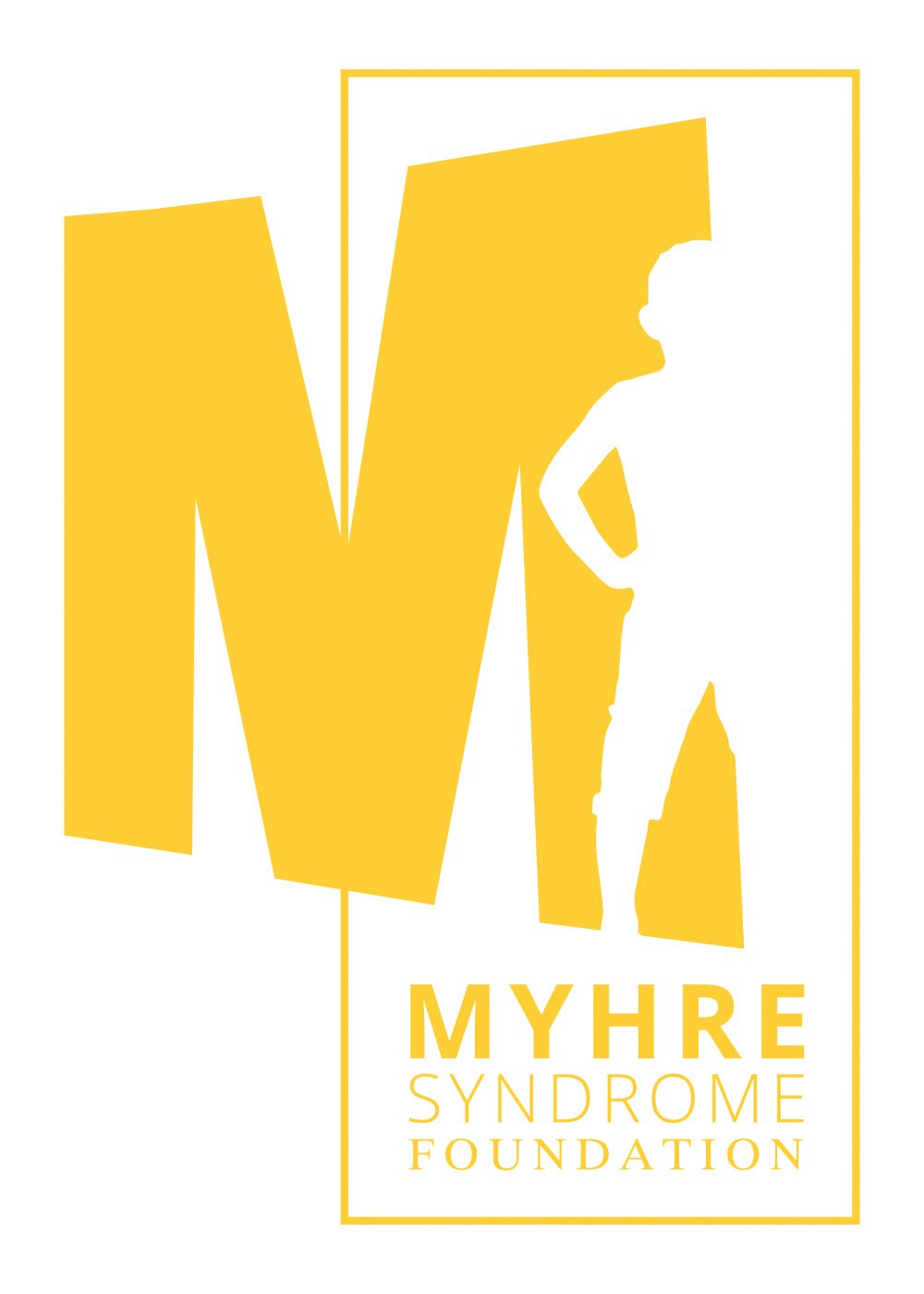We’re thrilled to announce the opening of a dedicated Myhre Syndrome Clinic at Stanford University’s Cardiovascular Connective Tissue Clinic in California, USA. This clinic brings together experts in genetics, cardiology, and other specialties to provide personalized care for patients and families while advancing research into Myhre syndrome. You can find out more here if you’re interested in visiting the Stanford Clinic.
Why Clinics Matter
Clinics like this play a vital role in:
Providing Expert Care: Specialists work together to create care plans that address the physical, emotional, and developmental challenges of Myhre syndrome.
Supporting Families: Clinics offer education, counseling, and resources to help patients and their loved ones.
Driving Research: Clinics collect valuable data and participate in clinical research to better understand the condition and prepare for future clinical trials.
Research vs. Treatment: What’s the Difference?
It’s important to understand that clinical research studies patients to learn more about the condition but does not directly create treatments. Drug discovery begins with researchers like chemists and cell biologists who work in labs to develop potential therapies. These treatments are later tested through clinical trials in settings like the Stanford Clinic.
Both clinical research and drug discovery are essential to finding effective therapies for Myhre syndrome. Supporting both areas ensures we move closer to life-changing treatments.
A Global Impact
Insights from this clinic will benefit not just the families able to visit it but also the entire Myhre syndrome community by creating a ripple effect, improving care, providing data, and inspiring similar clinics worldwide.
We’re excited about this milestone and the brighter future it brings for our community.
